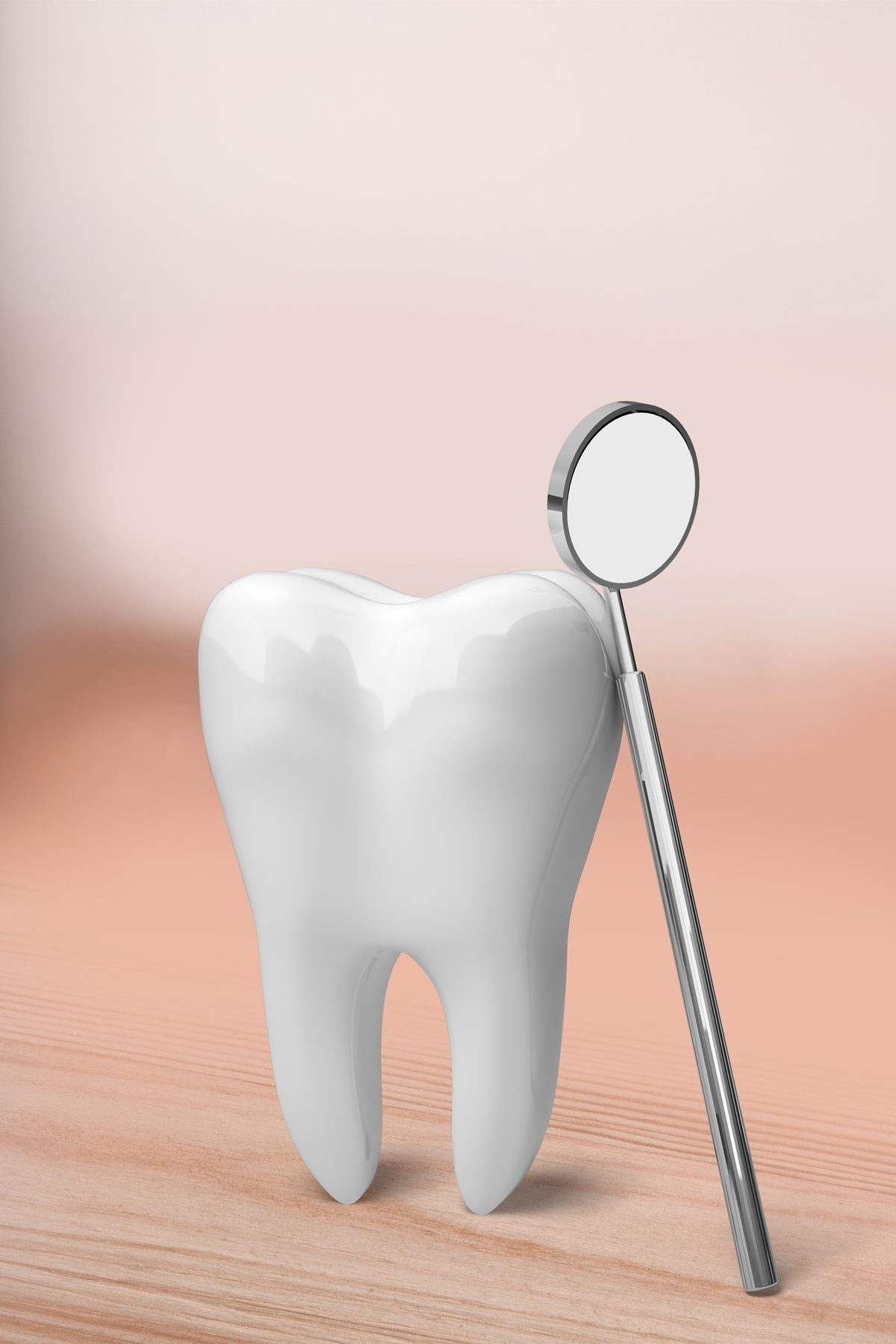June is Oral Health Month
Celebrating Oral Health Month
Oral health plays a vital role in our overall well-being, and maintaining a healthy smile is essential for a lifetime of optimal dental health. Each year, we dedicate a whole month to raise awareness about the importance of oral health and encourage individuals to prioritize their dental well-being. Welcome to Oral Health Month! In this article, we will explore the significance of oral health, share tips for maintaining a healthy smile, and highlight the role of dental health clinics in promoting oral hygiene.
The Importance of Oral Health
Oral health encompasses more than just having a sparkling smile. It directly affects our ability to speak, eat, and maintain proper nutrition. Additionally, good oral health is linked to overall health, with research suggesting connections between oral health and conditions like heart disease, diabetes, and respiratory infections. Regular dental care, combined with good oral hygiene practices, helps prevent dental issues such as cavities, gum disease, and tooth loss.
Oral Health Month serves as a reminder of the importance of maintaining good oral hygiene habits and seeking professional dental care. By following simple daily practices and seeking regular dental check-ups, you can safeguard your oral health and contribute to your overall well-being. Dental health clinics play a crucial role in providing comprehensive dental care, education, and treatments tailored to individual needs. Embrace this month as an opportunity to prioritize your oral health, establish healthy habits, and create a beautiful smile that will last a lifetime. Remember, a healthy smile is a reflection of a healthier, happier you!
Tips for Maintaining a Healthy Smile:
Brushing and Flossing:
Brush your teeth at least twice a day for two minutes each time using a fluoride toothpaste. Don’t forget to floss daily to remove plaque and food particles from between your teeth and along the gumline.
Eat a Balanced Diet:
Opt for a diet rich in fruits, vegetables, whole grains, lean proteins, and low-fat dairy products. Limit sugary and acidic foods and beverages, as they can contribute to tooth decay and enamel erosion.
Limit Tobacco and Alcohol Use:
Smoking and excessive alcohol consumption can significantly impact oral health, leading to gum disease, tooth loss, oral cancer, and other complications. If you use tobacco or alcohol, seek support to quit or limit your intake.
Regular Dental Check-ups:
Schedule regular dental check-ups and cleanings every six months or as recommended by your dentist. These visits allow for early detection and treatment of dental problems and help maintain optimal oral health.

